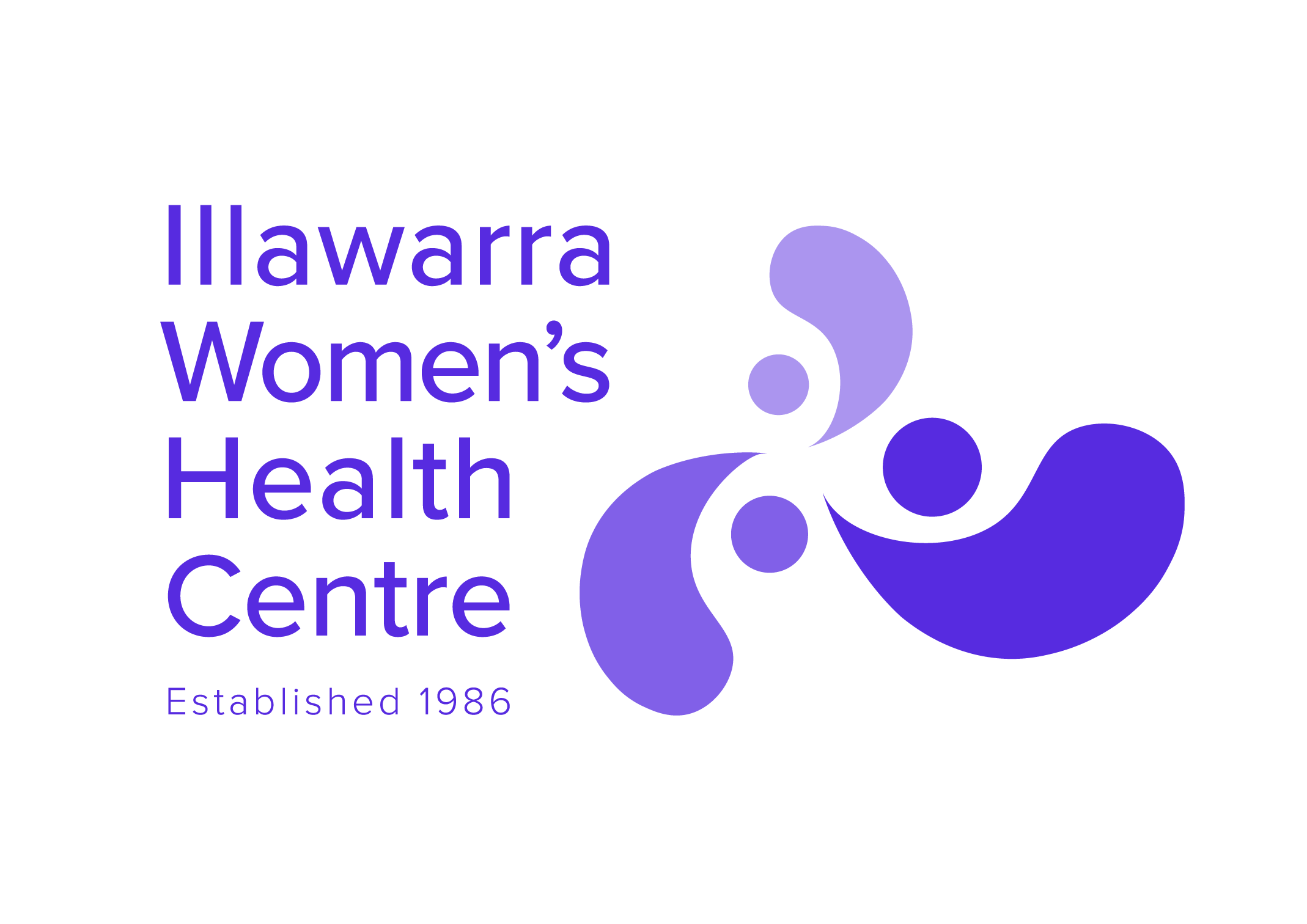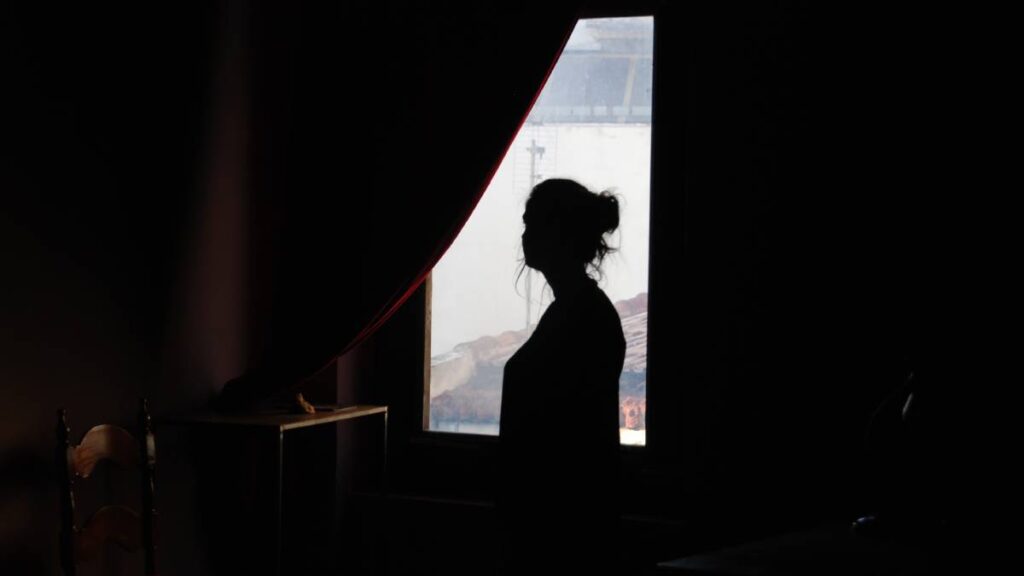Illawarra Mercury – Natalie Croxon
The Domestic and Family Violence Registry will provide advice, guidance, and responses to domestic and family violence incidents around the clock, staffed by officers with expertise in domestic and family violence issues, legal and intelligence specialists, and a consultant psychologist.
DFV Registry commander, Superintendent Danielle Emerton, said the team would be able to identify repeat victims quickly, so they could be linked in with support services.
The DFV Registry’s main functions include quality assurance and governance, reporting and auditing of police area commands and districts, education and training, monitoring and escalation of high-risk offenders, and strategy and capability development.
Laura Brooks from the Illawarra Women’s Health Centre said any review into systemic responses was welcomed.
But Ms Brooks said only 1 to 2 per cent of domestic, family and sexual violence perpetrators were charged and convicted, and a focus on repeat offenders would mean police would miss a group of perpetrators.
“In turn, women who continue to experience abuse at the hands of these men will also be missed. Therefore, whilst some women will benefit from these changes there will be a large percentage of women who do not,” Ms Brooks said.
She said the broader drivers of domestic, family and sexual violence needed to be addressed, adding that the policing and legal system often undermined the safety of women and children.
“Whilst the announcement that as part of the registry a team of legal specialists and consultant psychologists will be established to help link survivors to services is positive, we continue to see that services to support women are often limited and have lengthy waitlists due to the ongoing demand and prevalence of family, domestic and sexual violence. Services are significantly underfunded,” Ms Brooks said.
The waitlist for the IWHC’s mental health team stretched to over a year, she said, and 85 per cent of women referred to it had or were experiencing violence.
Ms Brooks said survivors and frontline service providers needed to be consulted to ensure the improvement of policing systems.
Women Illawarra general manager Michelle Glasgow welcomed “any reform that’s going to improve police response to domestic and family violence in our community”.
Ms Glasgow hoped the focus on quality assurance and governance would improve the experience of victims when they reported incidents to police, and potentially standardise the application of laws, policies and procedures across the state.
Reporting and auditing, she said, would likely result in greater compliance, and potentially see training and resources targeted to the areas of greatest need.
Ms Glasgow also welcomed the focus on high-risk offenders and repeat victims.
“Hopefully that will mean timely interventions wherever they are across the state,” she said.
She said she was interested in whether services like Women Illawarra would have access to the unit’s resources, for example, being able to make a complaint when the police response to a report of domestic violence was inadequate.
The DFV Registry has come from the Domestic and Family Violence Reform Project, which was initiated after the NSW Auditor-General released a report on police responses last year.
Support is available from 1800RESPECT on 1800 737 732, the Illawarra Women’s Health Centre on 4255 6800, or Women Illawarra on 4228 1499. If someone is in immediate danger, call 000.


